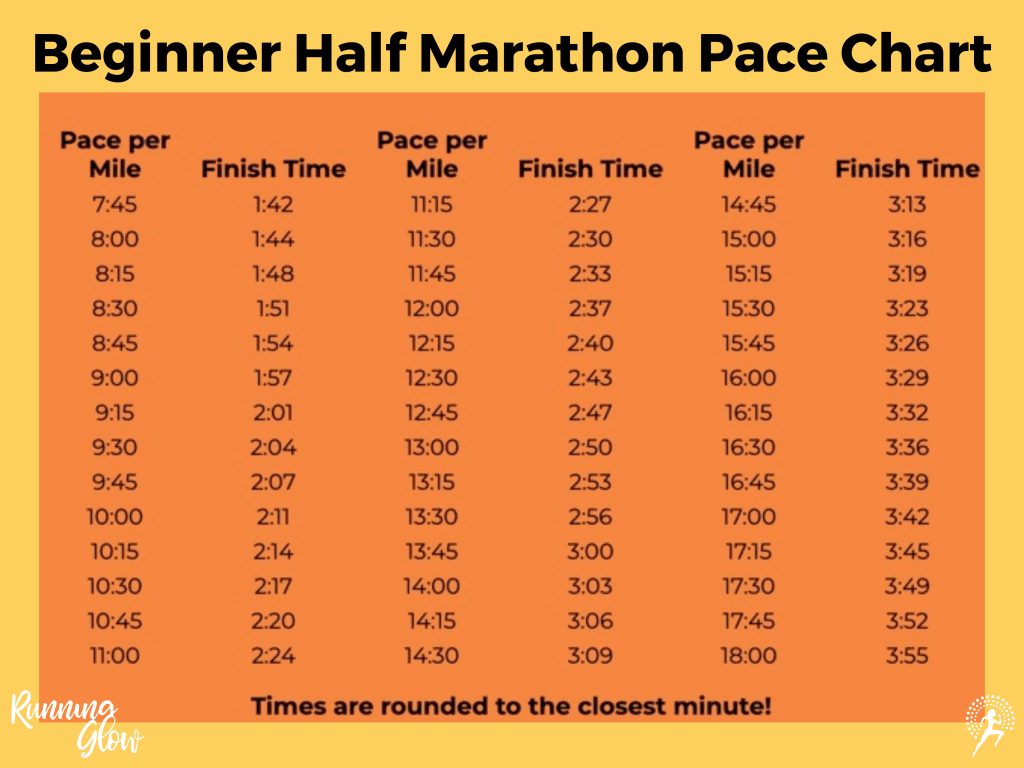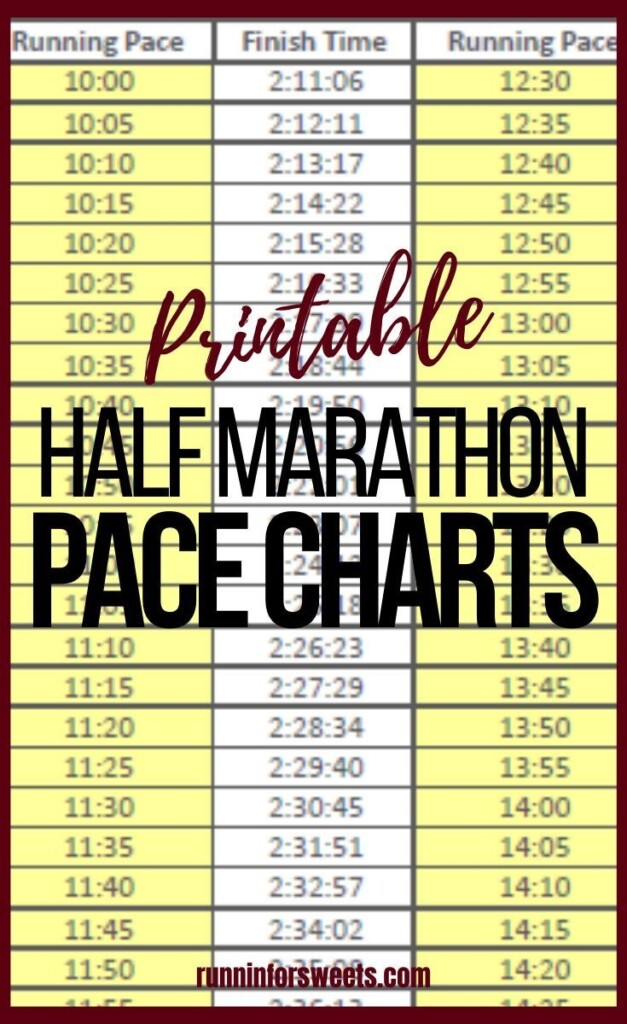Half marathon times can vary greatly depending on various factors such as age, experience, training, and natural ability. A half marathon is 13.1 miles or 21.1 kilometers long, and runners of all levels aim to achieve their personal best times in this distance.
Typically, elite runners can finish a half marathon in under an hour, while recreational runners may take anywhere from 1.5 to 3 hours to complete the race. It’s important to set realistic goals based on your fitness level and gradually work towards improving your time.
Factors Affecting Half Marathon Times
There are several factors that can affect your half marathon time, including:
- Training: Consistent training and following a structured training plan can help improve your endurance and speed.
- Age: Younger runners may have faster times compared to older runners due to natural athletic ability.
- Course Difficulty: Running on a flat course can result in faster times compared to a hilly course with elevation changes.
- Weather Conditions: Extreme weather conditions such as heat or wind can impact your performance.
By considering these factors and tracking your progress, you can create a half marathon times chart to monitor your improvement over time and set new goals for future races.
Creating Your Half Marathon Times Chart
To create a half marathon times chart, start by recording your race times for each half marathon you participate in. Include details such as the date, location, course difficulty, weather conditions, and your overall performance. By analyzing this data, you can identify trends, strengths, and areas for improvement.
Use online tools or apps to visualize your data and track your progress graphically. Set realistic goals based on your current fitness level and aim to gradually improve your half marathon times with each race. Remember that consistency and dedication are key to achieving your running goals.

